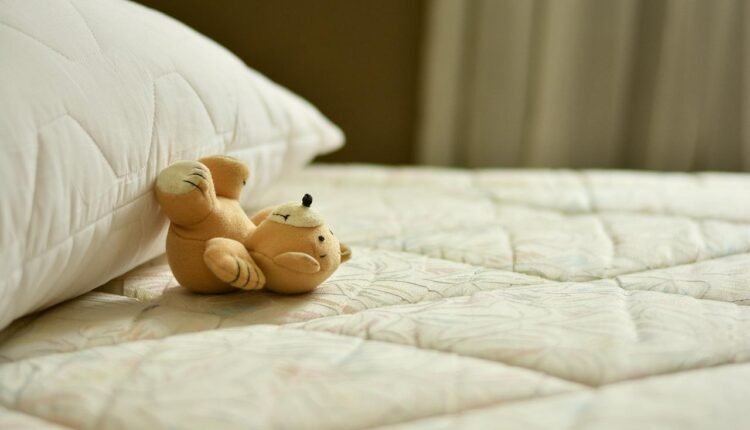Sleep Apnea Therapy: What Is It?
Sleep apnea is a sleep disorder that affects many people. It can cause you to stop breathing for short periods of time during sleep. This can contribute to a number of health problems, including heart disease and diabetes. Sleep apnea therapy can help treat the condition. Below we will discuss what sleep apnea therapy is and how it works.
What Is Sleep Apnea Therapy?
Sleep apnea therapy is a treatment option for sleep apnea. It can be used to treat mild, moderate, or severe sleep apnea. There are a few different therapies for sleep apnea, including CPAP, BiPAP, ASV, and oral appliance therapy.
1. CPAP
CPAP stands for continuous positive airway pressure, and it is the most common type of sleep apnea treatment. A CPAP machine delivers a gentle stream of air to your lungs. This keeps your airway open and prevents you from snoring or stopping breathing.
CPAP is an effective therapy for sleep apnea. It can help improve your sleep quality and reduce daytime sleepiness.
2. BiPAP
BiPAP stands for bilevel positive airway pressure. It is similar to CPAP, but the machine delivers two different air pressures. One pressure is for when you inhale, and the other is for when you exhale. BiPAP is typically used for people who have trouble using CPAP.
If you have sleep apnea and cannot use CPAP, BiPAP may be a good option. It is effective in treating sleep apnea and can help improve your sleep quality. BiPAP is safe and easy to use.
3. ASV
ASV stands for adaptive servo-ventilation. It is a newer type of therapy for sleep apnea, and it’s similar to CPAP. The machine automatically adjusts the air pressure based on your breathing. ASV is often used for people who have central sleep apnea.
This treatment is used for people who have sleep apnea and cannot use CPAP. ASV is an effective therapy that can help improve your sleep quality. The treatment is safe and easy to use.
4. Oral Appliance Therapy
Oral appliance therapy is a type of sleep apnea therapy that uses a mouthpiece. The mouthpiece is worn during sleep and helps keep your airway open. It is often used for people who have mild sleep apnea. This treatment is increasing in popularity and availability.
Oral appliance therapy is effective in treating sleep apnea. The mouthpiece is safe and easy to use. It can be made from either acrylic or nylon material. Many patients prefer this option as it is minimally invasive and requires very little cleaning.
How Does Sleep Apnea Treatment Work?
Sleep apnea treatment works by keeping your airway open. This prevents you from snoring or stopping breathing. These therapies can also help improve your sleep quality and reduce your risk of health problems.
Factors that Affect Sleep Apnea Treatment
There are a few factors that can affect sleep apnea treatment. These include your sleep habits, medical history, sleep environment, and weight management.
Your sleep habits can affect sleep apnea treatment. If you have sleep apnea, you should stick to a regular sleep schedule. This means going to bed and waking up at the same time every day. You should avoid caffeine, alcohol, and smoking before bed.
Your medical history can affect sleep apnea treatment. If you have a medical condition that causes sleep apnea, such as obesity or heart disease, your sleep apnea may be more difficult to treat.
Your sleep environment can affect sleep apnea treatment. If you have a noisy or light sleep environment, it may be difficult to use sleep apnea therapies.
Weight management can affect sleep apnea treatment. If you are overweight, losing weight can help improve your sleep apnea.
What Type of Sleep Apnea Treatment is Right for Me?
The sleep apnea treatment that is right for you depends on a few factors. These include the severity of your sleep apnea, sleep habits, and preferences. If you think you may have sleep apnea, talk to your doctor. They can help diagnose the condition and recommend a sleep apnea therapy that is right for you. Sleep apnea treatment can help treat the condition and improve your sleep quality.

